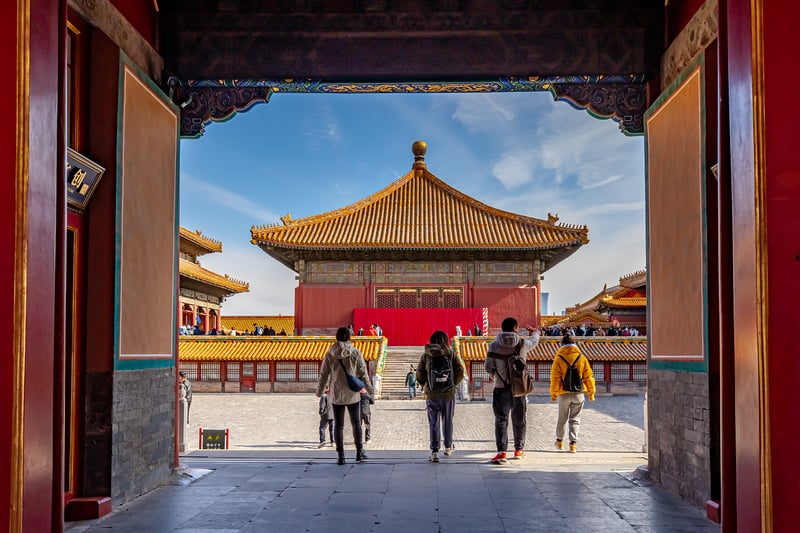Altering History
The Butterfly Effect: Exploring the Consequences of Altering History
History is a delicate tapestry woven from a series of events, each thread influencing the next. The concept of altering history raises intriguing questions about the potential consequences of changing even the smallest detail. This phenomenon, known as the butterfly effect, suggests that a minor alteration in the past can lead to significant changes in the present and future.
Understanding the Butterfly Effect
The butterfly effect is rooted in chaos theory, which posits that small changes in initial conditions can result in vastly different outcomes. This theory is often illustrated by the metaphorical example of a butterfly flapping its wings in one part of the world, ultimately leading to a tornado in another.
Consequences of Altering History
Imagine a world where a pivotal historical event, such as the outcome of a decisive battle or the assassination of a key figure, is changed. The ripple effects of such alterations could be profound, reshaping the course of history in unexpected ways.
1. Societal Changes
Changes in historical events could result in entirely different societal structures, cultural norms, and technological advancements. What if a scientific breakthrough occurred centuries earlier, or a major empire never fell?
2. Personal Lives
The lives of individuals could be dramatically altered by changes in history. Entire family lines could be erased, and individuals who once played significant roles in shaping the world might fade into obscurity.
3. Global Politics
The balance of power between nations and the trajectory of international relations could be fundamentally different if key historical events unfolded in an alternate manner. World wars, treaties, and alliances might never have occurred.
Exploring Hypothetical Scenarios
Consider the following hypothetical scenarios:
- What if the Apollo 11 mission to the moon had failed?
- What if the Library of Alexandria had never been destroyed?
- What if the Industrial Revolution had never taken place?
These scenarios invite us to contemplate the far-reaching implications of altering key moments in history.
Conclusion
While the idea of altering history may remain in the realm of speculation, the butterfly effect serves as a reminder of the interconnected nature of events throughout time. Every action, no matter how small, has the potential to shape the course of history in ways we may never fully comprehend.

